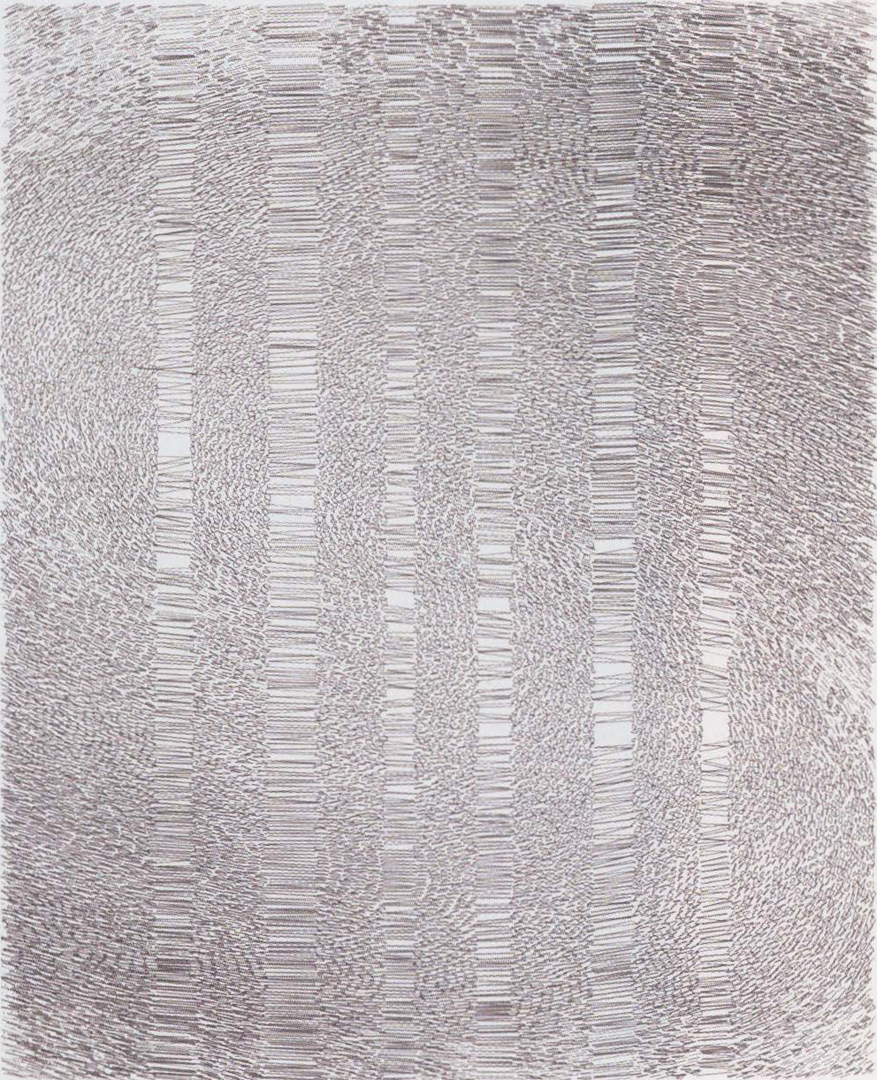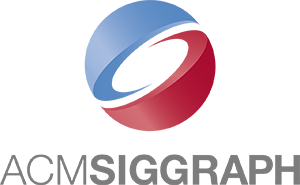Hans Dehlinger: Small_Elements_K
Artist(s):
Title:
- Small_Elements_K
Exhibition:
Creation Year:
- 2005
Medium:
- Plotter drawing, pencil on paper
Size:
- 9.7 inches x 23.64 inches
Category:
Artist Statement:
Perhaps the most convincing way to communicate my lasting interest in the line as a basic element of artistic expression in drawings is the reference to the unaccountable and fascinating drawings we know from art history. Drawings rely on lines. It is absolutely spectacular what can be achieved with lines, and, drawn by the hands of artists, lines have been with art right from the beginning, when art emerged on stones, bones, and the walls of caves. With respect to drawings (line-based artwork) I like to distinguish between “The Universe of Hand Drawings” and “The Universe of Machine Drawings.” Both of these universes may be thought of as equally rich and very densely populated. The distinction between the two acknowledges the rise and formation of a universe of drawings different (and very much so) from the ones drawn by the hand of an artist. The Universe of Machine Drawings is a contemporary phenomenon, but its philosophical roots are old and found in the restless desire of homo faber to master and shape tools, and use them with a great intentional drive. My efforts are focused on exploration of the universe of machine drawings. Algorithmic generation of a drawing or a sequence of drawings is a fascinating challenge. It requires coding of an intent which the machine will follow to produce a result. I like to work o the old-fashioned (and now nearly extinct) pen plotters. Although longer in use as a standard peripheral device for computers, the basic idea of this technology (a mechanical arm equipped with at is now widely used in industrial-production processes. For cutting sheet metal with lasers, there is a very close analogy to plotting on the old-fashioned flat-bed plotter. I am now using my old code for experiments, to cut drawings with a laser into aluminium, steel, layered plastic sheets, and thick cardboard. It is interesting to observe how very old and very new computer technology can be merged and used for production of aesthetic events.





